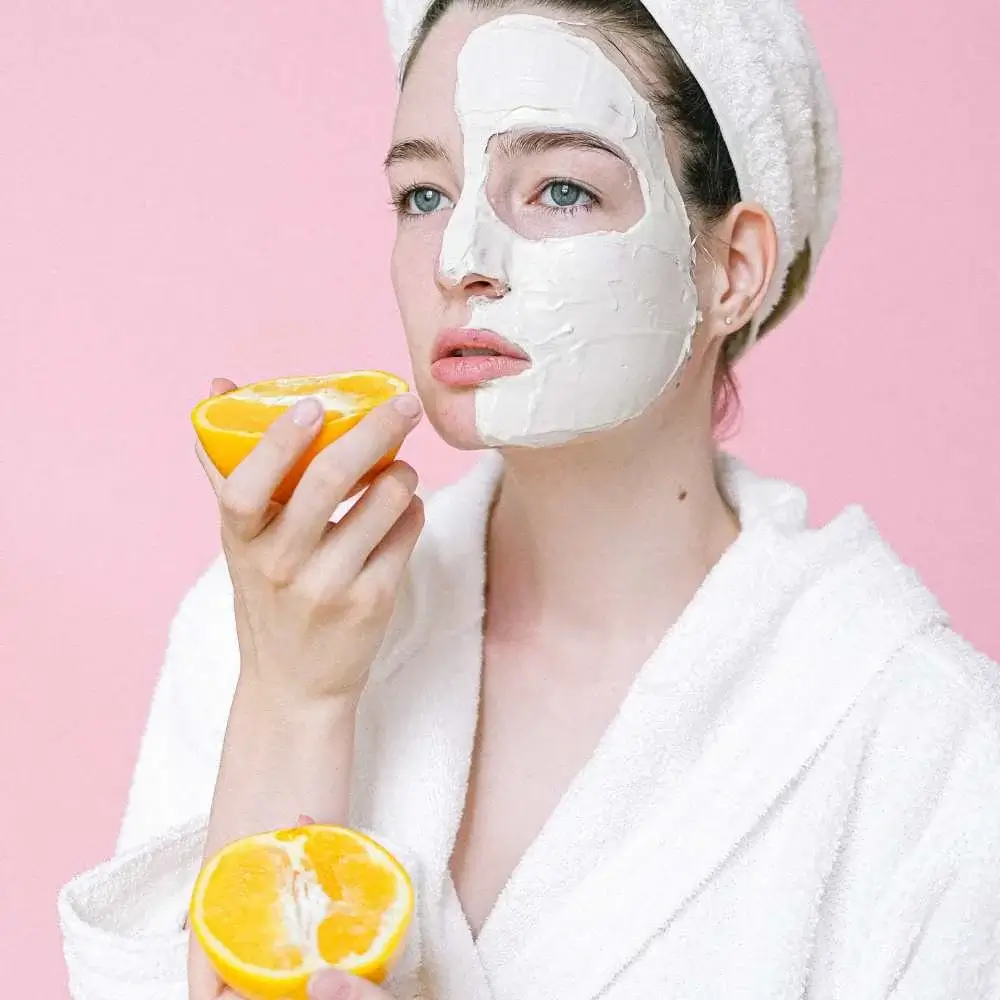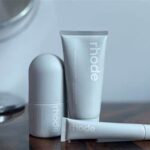Beauty Face Masks
Introduction
“Beauty Face Masks” is more than just a skincare product—it’s a self-care ritual that promotes healthy, radiant skin. Whether you’re dealing with acne, dryness, dullness, or aging, there’s a face mask designed to target your specific concerns. From luxurious store-bought options to simple DIY recipes, face masks offer a wide range of benefits for every skin type.
In this comprehensive guide, we’ll explore the various types of beauty face masks, their benefits, how to choose the right one for your skin type, and some easy-to-make DIY recipes for an at-home spa experience and read this page.
The Benefits of Using a Face Mask
Face masks provide a concentrated treatment for various skin concerns. Some of their key benefits include:
1.Deep Cleansing
Removes dirt, oil, and impurities from pores.
2.Hydration Boost
Replenishes moisture and improves skin elasticity.
3.Acne and Oil Control
Absorbs excess oil and helps prevent breakouts.
4.Brightening Effect
Reduces dark spots and enhances skin glow.
5.Anti-Aging Properties
Firms skin and reduces fine lines and wrinkles.
6.Relaxation and Stress Relief
Promotes a soothing skincare routine. With so many benefits, incorporating a face mask into your weekly skincare routine can significantly improve your complexion o
Types of Beauty Face Masks
There are various types of face masks available, each serving a different purpose. Here are some of the most popular ones:
1. Clay Masks
Best for: Oily and acne-prone skin
Clay masks, made from natural ingredients like bentonite and kaolin clay, help absorb excess oil, unclog pores, and detoxify the skin. They leave the skin feeling refreshed and balanced.
Popular Options:
- Aztec Secret Indian Healing Clay
- L’Oréal Paris Pure Clay Mask
2. Sheet Masks
Best for: Dry and sensitive skin
Sheet masks are fabric or hydrogel sheets soaked in nutrient-rich serums. They provide intense hydration and are easy to use. Simply apply the mask, relax for 15–20 minutes, and remove without rinsing.
Popular Options:
- Dr. Jart+ Dermas Sheet Masks
- Tony Moly I’m Real Sheet Masks
3. Gel Masks
Best for: Sensitive and irritated skin
Gel masks have a cooling effect and are packed with hydrating ingredients like aloe vera and hyaluronic acid. They are perfect for soothing inflamed skin and reducing redness.
Popular Options:
- Peter Thomas Roth Cucumber Gel Mask
- Neutrogena Hydro Boost Hydrating Mask
4. Peel-Off Masks
Best for: Blackhead removal and brightening
Peel-off masks work by adhering to dead skin cells and impurities, which are removed when the mask is peeled away. These masks often contain charcoal, fruit extracts, or collagen-boosting ingredients.
Popular Options:
- Boscia Aluminizing Black Mask
- Freeman Cucumber Peel-Off Mask
5. Cream Masks
Best for: Dry and mature skin
Cream masks provide deep hydration and nourishment. They contain rich emollients, vitamins, and antioxidants to soften and rejuvenate the skin.
Popular Options:
- Fresh Rose Face Mask
- Laneice Water Sleeping Mask
6. Exfoliating Masks
Best for: Dull and uneven skin tone
These masks contain chemical exfoliants like alpha hydroxy acids (AHAs) and beta hydroxy acids (BHAs) to slough off dead skin cells, leaving behind a brighter, smoother complexion.
Popular Options:
- The Ordinary AHA 30% + BHA 2% Peeling Solution
- Glow Recipe Watermelon Glow Sleeping Mask
How to Choose the Right Face Mask for Your Skin Type
1. Oily and Acne-Prone Skin:
opt for clay or charcoal masks to absorb excess oil and detoxify pores.
2. Dry Skin:
Choose hydrating masks like sheet masks, gel masks, or cream-based formulas.
3. Combination Skin:
Multi-masking works best—apply different masks to different areas of your face based on their needs.
4. Sensitive Skin:
Look for soothing ingredients like aloe vera, chamomile, and oatmeal to calm irritation.
5. Mature Skin:
Anti-aging masks with peptides, collagen, and hyaluronic acid help firm and plump the skin.
DIY Face Masks: Natural Beauty at Home
If you prefer natural skincare, try these easy DIY face mask recipes using ingredients from your kitchen.
1. Hydrating Honey & Avocado Mask
Best for: Dry and sensitive skin
Ingredients:
- ½ ripe avocado
- 1 tablespoon honey
- 1 teaspoon olive oil
Instructions:
Mash the avocado, mix in honey and olive oil, and apply the mixture to your face. Leave it on for 15 minutes before rinsing with warm water.
2. Acne-Fighting Turmeric & Yogurt Mask
Best for: Acne-prone skin
Ingredients:
- 1 tablespoon plain yogurt
- ½ teaspoon turmeric powder
- 1 teaspoon honey
Instructions:
Mix the ingredients and apply to clean skin. Let it sit for 10–15 minutes, then rinse with lukewarm water.
3. Brightening Lemon & Oatmeal Mask
Best for: Dull skin
Ingredients:
- 2 tablespoons oatmeal
- 1 teaspoon lemon juice
- 1 tablespoon milk
Instructions:
Blend ingredients into a paste and apply evenly to your face. Rinse after 15 minutes.
4. Exfoliating Coffee & Coconut Mask
Best for: Removing dead skin cells
Ingredients:
- 1 tablespoon ground coffee
- 1 tablespoon coconut oil
- 1 teaspoon honey
Instructions:
Mix well and gently massage onto your skin. Leave for 10 minutes before rinsing with warm water.
How to Apply a Face Mask Properly
1.Cleanse Your Face
Always start with a clean face to allow the mask to penetrate better.
2.Apply Evenly
Use a brush or clean fingers to apply the mask in an even layer.
3.Follow Time Instructions
Leaving a mask on for too long can cause irritation or dryness.
4.Rinse Thoroughly
Use warm water and a soft washcloth to remove the mask.
5.Moisturize Afterward
Follow up with a moisturizer to lock in hydration.
Conclusion
Beauty face masks are an essential part of a well-rounded skincare routine. Whether you prefer store-bought formulas or homemade natural remedies, there’s a mask for every skin type and concern. Regular use can help achieve a radiant, clear, and youthful complexion.
By understanding your skin’s needs and choosing the right mask, you can enjoy a spa-like experience at home and unlock the full benefits of this skincare essential.


